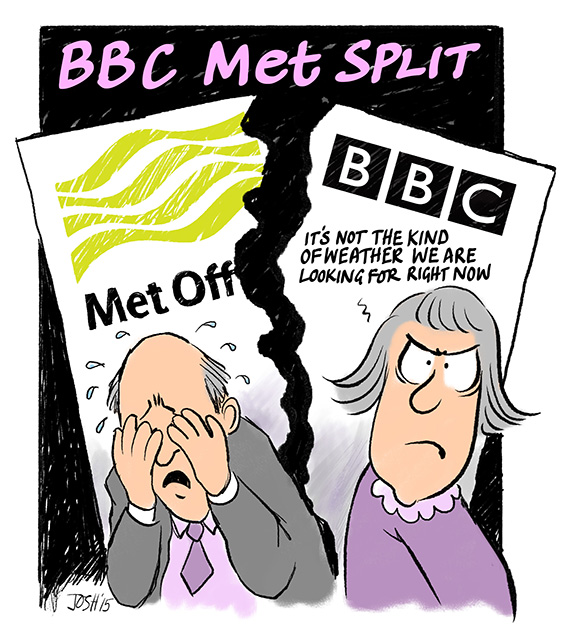Updated on Aug 14, 2015 by
 Bishop Hill
Bishop Hill

It is...irresponsible to ignore the preponderance of evidence on floods, extreme precipitation events (and if it is winter, these are snow storms), wildfires, etc. These were anticipated to occur as the climate changes. They have occurred around the world (U.S., Russia, Indonesia, Japan, Argentina, etc..), and they are getting worse and more frequent[2].
The quote is from famous environmental economist Gary Yohe, writing at Climate Feedback, a site where climate scientists rate media articles on their scientific content. Yohe was writing about a Bjorn Lomborg piece.
Yohe's citation is to the detection and attribution chapter of AR5, which is, on the face of it, a bizarre thing given that there are whole chapters in the IPCC about observations of the climate. Intrigued, I looked at the chapter cited.
Click to read more ...
 Bishop Hill
Bishop Hill  Aug 24, 2015
Aug 24, 2015  Climate: WG2
Climate: WG2 

















